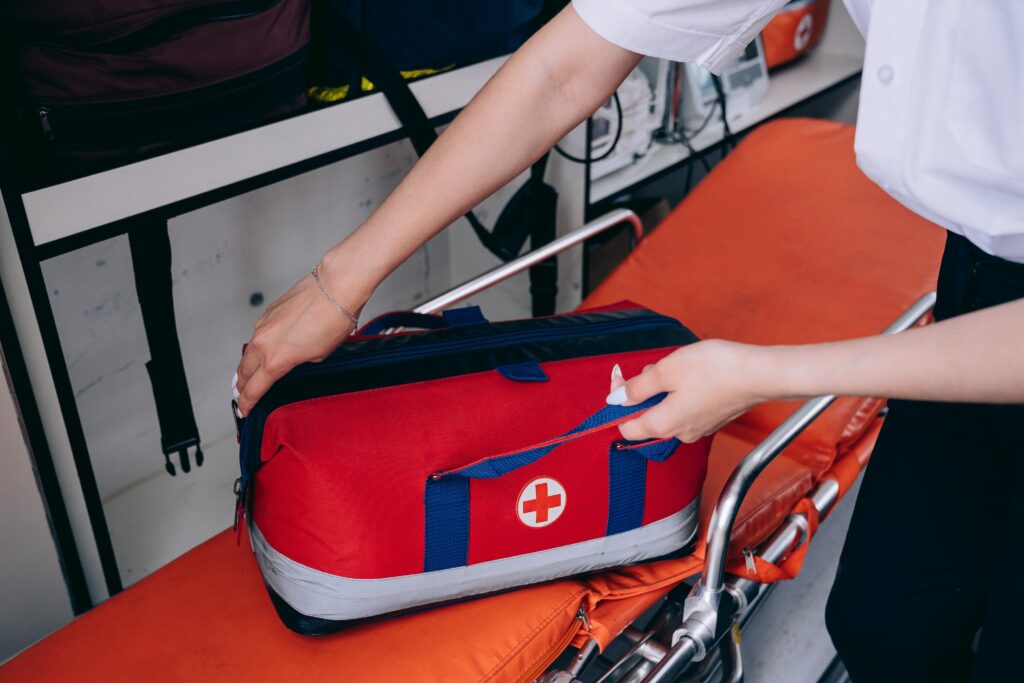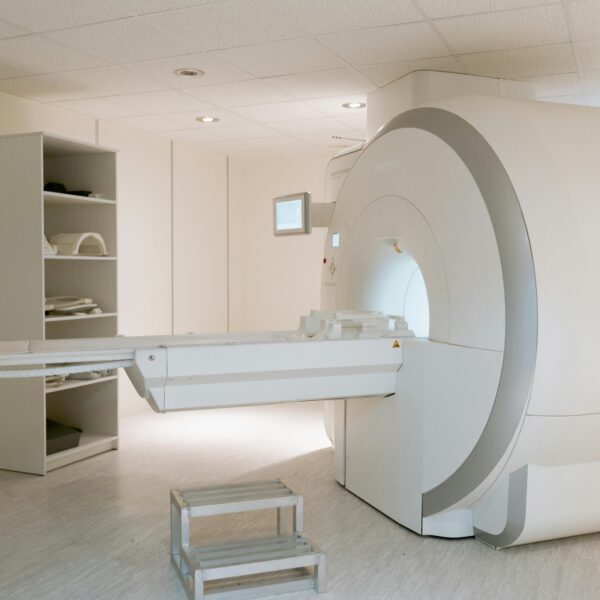Emergency services are a crucial component of any healthcare system. When a medical crisis strikes, there is a team of dedicated medical professionals ready to respond and provide life-saving care. In this blog, we will explore the roles and responsibilities of the different types of medical professionals who work in emergency services, highlighting their specialized skills and contributions to patient care.
Emergency Physicians
Emergency physicians, also known as ER doctors, are medical doctors who specialize in emergency medicine. They are at the forefront of emergency services, responsible for diagnosing and treating a wide range of acute illnesses and injuries. ER doctors are adept at handling high-pressure situations and making rapid decisions to save lives. Their expertise spans from managing trauma cases to handling cardiac emergencies, strokes, and various medical conditions.
Emergency Nurse Practitioners (ENPs)
Emergency Nurse Practitioners (ENPs) are advanced practice registered nurses (APRNs) who specialize in emergency medicine. They work alongside emergency physicians to assess, triage, and treat patients with a wide range of acute illnesses and injuries. ENPs are experts in managing trauma cases, cardiac emergencies, strokes, and various medical conditions. They also provide preventive care and education to patients to help them stay healthy and avoid future emergencies.
Emergency Medical Technicians (EMTs) and Paramedics
EMTs and paramedics are the first responders in emergency medical services (EMS). EMTs provide basic medical care and transportation to patients in need. They assess vital signs, control bleeding, immobilize fractures, and perform CPR, among other critical tasks. Paramedics, on the other hand, undergo advanced training to perform more advanced medical procedures. They can administer medications, interpret EKGs, and provide advanced airway management. EMTs and paramedics play a vital role in stabilizing patients and delivering them safely to the hospital.
Nurses in the Emergency Department
Registered nurses (RNs) who specialize in emergency nursing play a critical role in emergency care. These nurses work alongside emergency physicians to assess, triage, and provide immediate care to patients. They administer medications, perform diagnostic tests, monitor vital signs, and provide emotional support to patients and their families. Emergency nurses are experts in multitasking, prioritizing care, and managing a wide range of medical emergencies.
Respiratory Therapists
Respiratory therapists focus on assessing and treating patients with breathing difficulties. In the emergency department, they are responsible for managing patients with respiratory distress, administering oxygen, performing breathing treatments, and managing ventilator support. Respiratory therapists collaborate closely with the medical team to optimize respiratory function and stabilize patients with respiratory emergencies.
Radiology Technicians
Radiology technicians, also known as radiologic technologists, play a crucial role in emergency care by performing diagnostic imaging tests. They operate x-ray machines, CT scanners, and other imaging equipment to obtain images that aid in diagnosing injuries and illnesses. Radiology technicians work closely with the emergency medical team, ensuring prompt and accurate imaging results for timely clinical decision-making.
Clinical Laboratory Technicians
Clinical laboratory technicians work behind the scenes in emergency care. They perform various laboratory tests on patient samples, such as blood and urine, to aid in diagnosis and treatment. These professionals play a vital role in identifying infections, analyzing blood chemistry, and assessing organ function promptly. Their work helps guide the medical team in providing appropriate and timely care to patients.
Emergency services are a collaborative effort, involving a diverse group of medical professionals who work together to deliver immediate and life-saving care. By understanding the roles and contributions of these medical professionals, those interested in pursuing a career in emergency medical services can have a better idea of what they are working towards.
If you are looking for a career in healthcare, emergency medical services or otherwise, then check out our job board to look at our open opportunities now. If you are looking for something different than what we are currently offering, then send us an updated resume and connect with a dedicated recruiter today to learn about your options.











